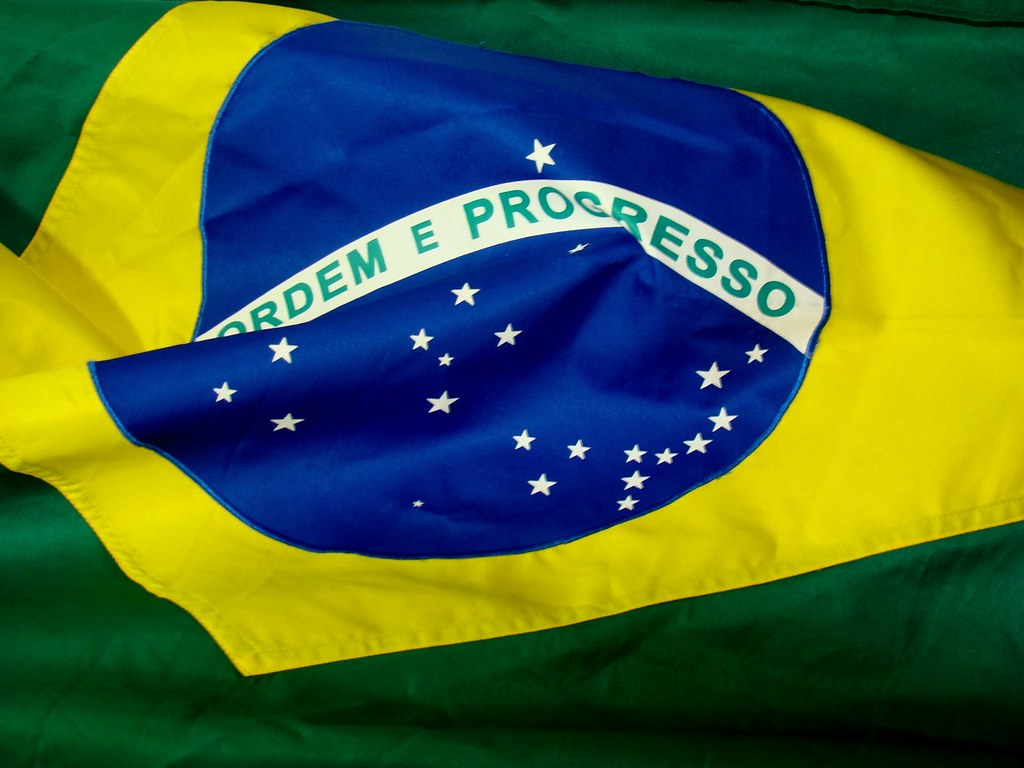The Covid-19 epidemic prompted a revision of the Brazilian Patent Act (9.279/1996)’s provisions on compulsory licensing of patents in cases of national emergency or public interest. After months of discussion, the Brazilian Senate adopted bill 12/2021 on May 6, 2021, which establishes a two-step compulsory licensing process and modifies the Brazilian Patent Statute. The bill was passed by the House of Representatives on July 6, 2021, with minor changes.
The bill was subsequently sent back to the Brazilian Senate for consideration of the House of Representatives’ modifications. Brazilian President Jair Bolsonaro signed legislation 14.200/2021 on September 2, 2021, overriding the bill’s vetoes. Despite the fact that the National Congress has until October 3rd, 2021 to examine the President’s vetoes, the new regulations will apply to any future situations involving a national or international emergency, public interest, or national public crisis.
In general, it’s worth noting that the present Brazilian legislation already allows for the granting of compulsory permits in extreme circumstances, backed up by the federal constitution and international treaties to which Brazil is a member. The primary change brought about by Law 14.200/2021 is the establishment of a two-step mandatory licensing process:
First stage
Within 30 days after the proclamation of the state of emergency, the Brazilian Executive Branch shall publish a list of patents or patent applications linked to important items and methods that would assist in combating the crisis. In the event of a covid-19 pandemic, the government would be obligated to compile a list of Brazilian patents and/or patent applications that may be beneficial in the treatment and prevention of the disease.
This list excludes patents and patent applications that are subject to a technology transfer agreement or a voluntary license to produce the protected product and/or method in order to meet domestic demand. In such situations, the number of supplies, price, and deadline will be evaluated to see if they are consistent with the demands of the state of emergency, public interest, or public crisis scenario. Consequently, patents or patent applications would be excluded from the list if: (i) the concerned subject matter is being duly and directly explored in the country; (ii) the patent or patent application is already subject to a voluntary license; or (iii) there are transparent agreements for the sale of the product covered by the patent or patent application.
Second stage
Following the publication of the list, the Executive Branch will have a 30-day period, renewable for the same amount of time, to examine the inventions and utility models covered by the patents and patent applications mentioned. Compulsory licenses would thus be issued ex officio for a limited time and on a non-exclusive basis, but only in instances where the technical and economic competence to manufacture the object of the patent or patent application has been demonstrated. Compulsory licenses may also be given in order to satisfy the needs of nations with little or no pharmaceutical production capability.
Patent owners would be paid 1.5 percent of the net sale price of the goods covered by the patent, but only if the patent application is approved. Furthermore, these royalties must be paid only when the patent is granted and must cover the whole duration of the license.
The President vetoed the prospect that a decision to award a compulsory license might be made through the passage of legislation, independent of the Executive Federal Branch’s decision. President Bolsonaro chose to delegate the ultimate decision on compulsory licensing to the Executive Branch rather than the Legislative Branch. In conjunction with this rejection, the President also vetoed a legislative provision in bill 12/2021 that would have declared a public health emergency of national concern due to the covid-19 epidemic.
The list of Brazil IP Firms can be found here.

